Postgraduate
Courses

Apply for a postgraduate degree in Canada with us and start your adventure.
Master’s in Canada is pursued after a bachelor's degree and comes with a list of Postgraduate courses to choose from. There are different courses offered in fields including- business administration, engineering, law, medicine and nursing.
Types of Postgraduate courses in Canada
Masters
Postgraduate programs are designed for students who have completed their undergraduate degrees and wish to gain more knowledge in a specific field of study. Some postgraduate programs can be completed in as little as one year, while others may take two or three years. Postgraduate education is an excellent way to prepare yourself for a career in your chosen field, as many employers require applicants to have relevant postgraduate qualifications.
A master's degree typically requires two years of full-time study, but some programs may be available on a part-time basis. The length of the program can vary depending on the school and field of study.
The number of programs offered by Canadian universities is constantly increasing, so you should have no trouble finding one that suits your interests and career goals.
To apply for a masters’ program, you will need to have completed your bachelor's degree or equivalent qualification with good grades. However, you may need to take an entrance exam before being admitted into some universities.
Subject areas:
Generally, the subject areas are divided into 15 major areas having different subjects underneath them. The major areas are;
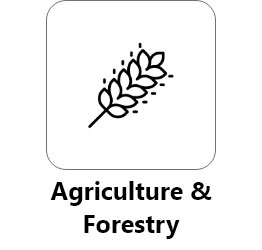
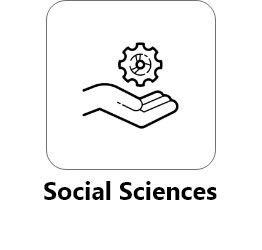
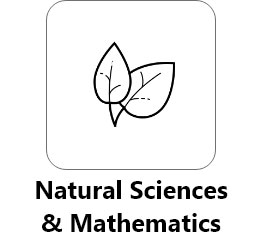
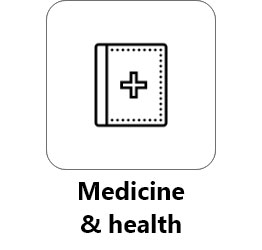


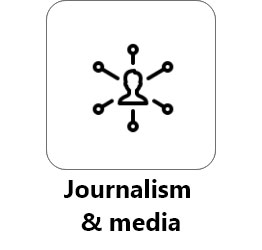

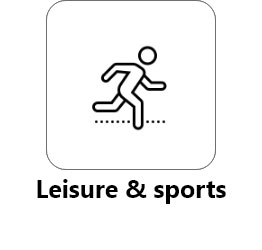
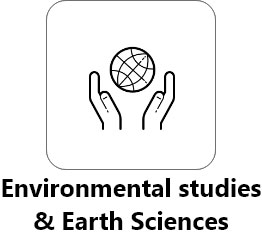
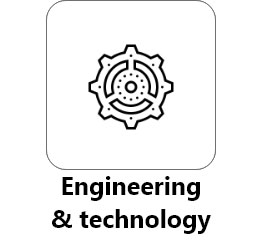

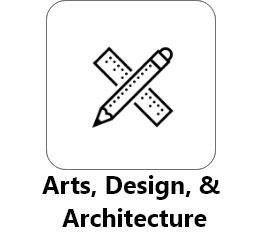

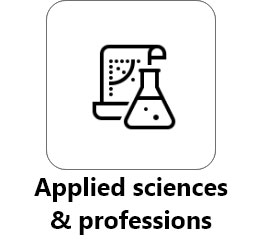

Get in Touch With our counsellor Now!
Difference between TAUGHT & RESEARCH masters degree
Taught master’s degree
This is a conventional master’s degree which leads to the respective programs of the generic courses taught in the course duration which makes it rigid.
Research master’s degree
This is a flexible and dynamic study program that opens doors to various options out of which you can select your preferred one. Not to forget, it is a perfect combination of theory and practical modules.
Eligibility criteria:
| Basis | Bachelor’s |
| Schooling | 10 + 2 |
| Bachelors | 4 years degree |
| Percentage | 70 and above |
| GPA | 3-4 |
| Work experience | 1-3 years(if required) |
| IELTS | 6.5 and above |
| TOEFL | 90+ |
| GRE | 1200 - 1500(if required) |
| GMAT | 580 above(if required) |
Postgraduate diploma:
One of the most popular courses among international students in Canada is the Postgraduate(PG) diploma due to its convenience factors.
This course of 1-2 years as per the preferred subject is considered equivalent to that of a master's degree in Canada and is attainable at Canadian colleges.
Canadian colleges are well-known for their education and the PG diploma is well known for the pocket-friendly course it offers along with vast industry and practical exposure which eases a candidate's journey of landing good employment directly after the program completion.
Subject areas:
Generally, the subject areas are divided into 15 major areas having different subjects underneath them. The major areas are;





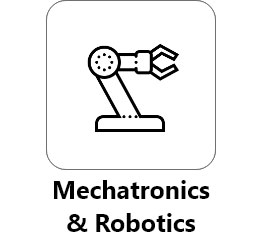

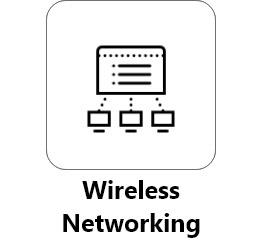
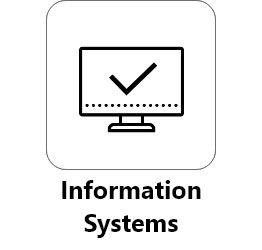



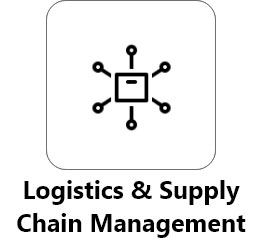

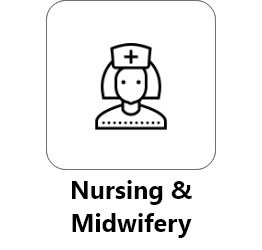
Co-op & Internships:
Co-op programs and internships are a practical exposure option in both PG diploma and masters that most Canadian Universities/Colleges want their students to get into. It gives a student an option to undertake hands-on work experience and gain competencies which can professionally help them a lot in terms of securing the right job as they will already be exposed to corporate experience of the field they are interested in. Co-op is usually paid wherein students will shift from their studies in university to full-time employment every 4 months. Whereas, in the case of an Internship, which is usually unpaid, students may or may not leave the campus completely.
The process flow of applying
to undergraduate courses

Personal consultation
To figure out about the best of your abilities in a certain course that is going to be perfect for you as per your circumstances, get yourself consulted at Amratpal a Vision.

Eligibility check
Once you have gone through the step of personal consultation, the next step is to make sure that you are eligible for your desired course by getting an eligibility check from experts at Amratpal a Vision as per your profile.

University/College shortlisting
Now is the time to shortlist the best university/college for you as per your course. In case of any confusion, experts at Amratpal a Vision are on stand-by to help you scrutinize and select those as per your needs.

IELTS/TOEFL/GRE acquisition
After going through the eligibility criteria and selecting your institution, you need to appear for a language test as per the acquisition required.

Documents arrangement
Now that the language acquisition is done, the next step is to start arranging documents as per the profile.

Application to university/college
After organizing all the documents, it is to be sent as an application for your desired institution.

Receiving an offer letter
After your application is accepted, you will receive an offer letter which signifies that your seat has now been confirmed in that institution.

Fee transfer/Education loan (if required)
After your offer letter is in your hands, you need to confirm the admission by transferring the desired amount of fee by the institution.
In case you need monetary support, you can opt for an education loan to support your fees.

Receiving Letter of Acceptance (LOA)
Once your fee is submitted, you will get an LOA from your Canadian Institution acting as an official document for your confirmed admission.

GIC
Once your admission is confirmed, you need to open a Guaranteed Investment Certificate (GIC)with a Canadian bank and transfer a minimum of CA$10,000 to support your initial financial needs.

Medical Examination
Canadian government takes your health seriously and so should you. Therefore, you need to undergo a mandatory medical examination to make sure nothing is wrong with you.

Biometrics
Once your admission is confirmed, you need to open a Guaranteed Investment Certificate (GIC) with a Canadian bank and transfer a minimum of CA$10,000 to support your initial financial needs.

Visa File
Canadian government takes your health seriously and so should you. Therefore, you need to undergo a mandatory medical examination to make sure nothing is wrong with you.

Receive Visa
Once your visa file has been assessed and no specific requirements are raised, you will receive your visa.

Travel insurance
It is mandatory to attain travel insurance to protect yourself and your precious luggage while traveling.

Book Tickets
Now that you have everything, book your ticket to Canada. HAPPY JOURNEY

Travel Money Card
To meet your daily essentials in Canada, get yourself a travel money card as you won't be allowed to take cash out from your local bank immediately after landing.
Eligibility criteria:
| Basis | PG diploma |
| Schooling | 10 + 2 |
| Bachelors | 4 years degree or equivalent |
| Percentage | 70 and above |
| GPA | |
| Work experience | As per course requirement |
| IELTS | 6.5 and above |
| TOEFL | 79+ |
| GRE | As per course requirement |
| GMAT | As per course requirement |
Post-Graduation Work Permit(PGWP)
PGWP allows students to gain practical exposure in their relevant field after completion of their study program. It’s usually granted for a duration similar to that of the study program + 1 year and is valid for a maximum duration of 3 years and is offered to those with a minimum course duration of 8 months. To be eligible for PGWP, you must complete your study from a DLI list institution and must apply for the same within 180 days after getting hold of your final marks.
Let’s shed some light on the duration of PGWP as per course duration.
| Course duration | PGWP |
| 1 year | 2 years(1 + 1) |
| 2 year | 3 years(1 + 1) |
| 3 year | 3 years |
| 4 year | 3 years |
| 5 year | 3 years |
Frequently asked questions
Is the 10+2+3 education system accepted in Canada?
Do colleges/universities offer accommodation?
Is GRE compulsory to give?
Is it possible to renew PGWP?
If I transferred to a Canadian institution from my home country, can I apply for PGWP?
Yes, but the validity will be limited to your study duration.
For instance, if you transferred to a Canadian institution only for the last year of your studies then you will get a PGWP with a maximum validity of 1 year.

